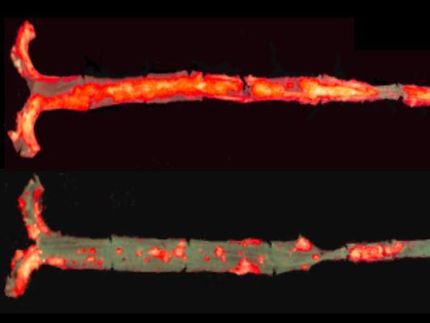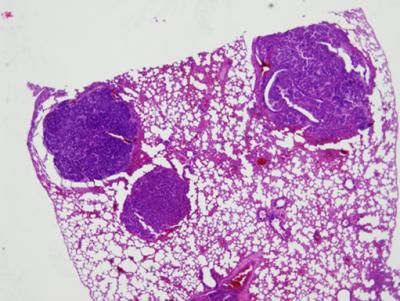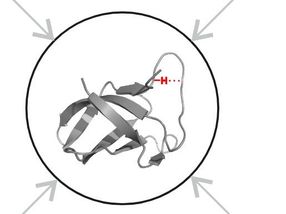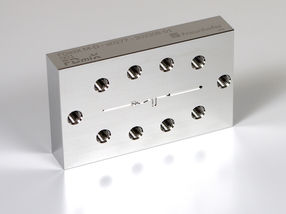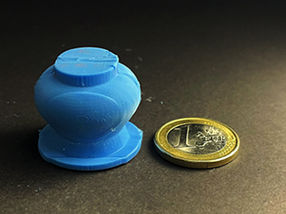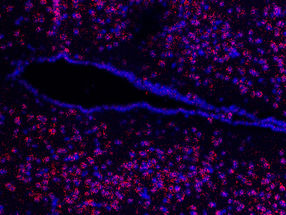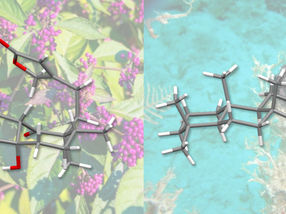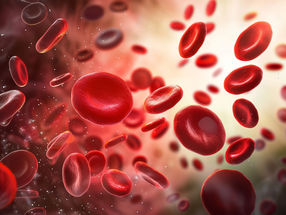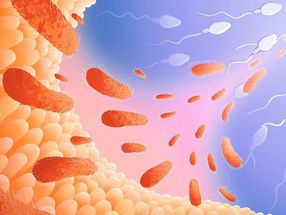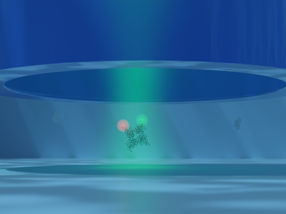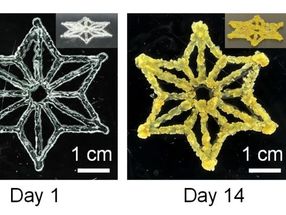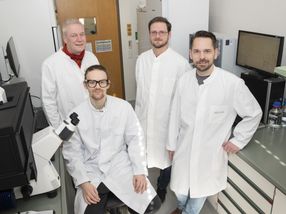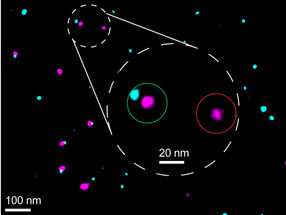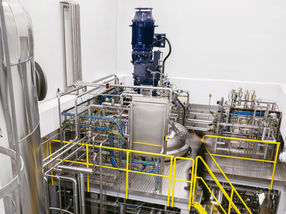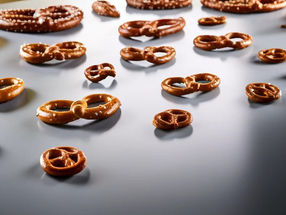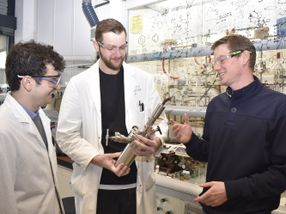Proteome Announces Key Results for Drug Compound Linked To Diseases Associated with Ageing
Proteome Systems (PXL) announced two key advances for its drug compounds targeting oxidative stress - a significant factor in the development of diseases such as Alzheimer's and Parkinson's:
· The granting of a further US grant for PXL's small molecule SCS compounds - taking the patent portfolio to 22 worldwide (including 12 US patents) plus 23 pending patents
· The publication of promising results using SCS compounds in animal studies involving Alzheimer's disease
Patent News:
Proteome Systems announced the issuance of a further US patent (No. 6,900,198) to add to its portfolio of patents covering its SCS compounds and technology. This patent covers pharmaceutical and dermatological preparations of several of its key SCS compounds and also covers the use of these compounds for the treatment of a range of diseases involving oxidative stress including Alzheimer's disease and Parkinson's disease. The Company's SCS compound patent portfolio now includes 12 granted US patents, a total of 22 granted patents worldwide and a further 23 patents pending.
Clinical News: Proteome Systems today also announced the publication of results of preclinical research using its lead SCS compound (EUK-189). "These recent results add to the substantial body of successful preclinical studies which support the tremendous potential of Proteome Systems' SCS compounds as therapeutic treatments for a range of diseases and age related conditions. It also strengthens the rationale for an early focus on neurodegenerative diseases and our partnering of these compounds for neurodegenerative applications" commented Stephen Porges, CEO of Proteome Systems.
The potential value of SCS compounds in treating neurodegenerative disease is supported by a study led by researchers from the Buck Institute for Age Research. The researchers tested EUK-189, Proteome's lead clinical compound, in a mouse model for Alzheimer's disease. Alzheimer's is characterized by certain plaques or deposits in the brain. There is evidence that these deposits also cause cataracts in the eyes of Alzheimer's patients, as well as in those of Alzheimer's mice. In this study, treatment of the mice with EUK-189 for nearly a year inhibited the development of these cataracts. (Melov et al (2005) Free Radicals in Biology and Medicine 15: 258-61).
Proteome Systems' SCS compounds have been shown in previous preclinical studies to inhibit the neuronal damage linked to Alzheimer's disease, Parkinson's disease, stroke, and aging.
Topics
Organizations
Other news from the department science

Get the life science industry in your inbox
From now on, don't miss a thing: Our newsletter for biotechnology, pharma and life sciences brings you up to date every Tuesday and Thursday. The latest industry news, product highlights and innovations - compact and easy to understand in your inbox. Researched by us so you don't have to.
